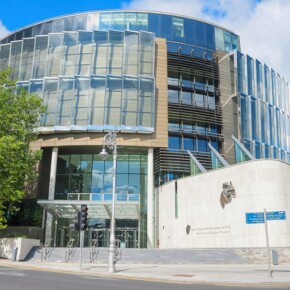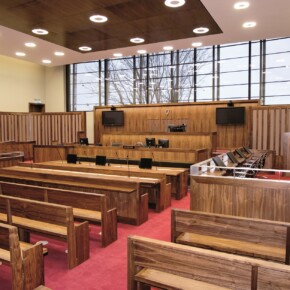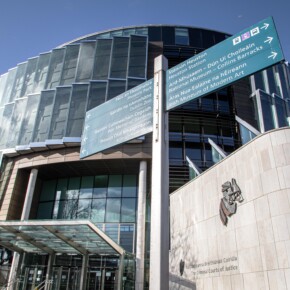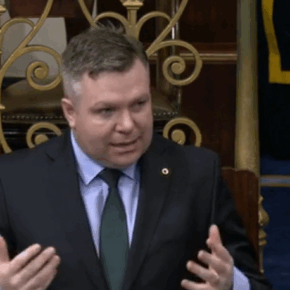Momentum gathers in Fingal for directly elected Dublin mayor
Gary Ibbotson 30 Sep 2021
Seven years after Fingal County Councillors voted to block a public vote on whether a directly elected Dublin mayor should be introduced, local representatives are now campaigning for the opposite.
Calls for a directly elected mayor of Dublin began around a decade ago with councillors from all four councils in favour of the move.
It is hoped a directly elected mayor would have significant powers to govern local matters such as water, waste management and community infrastructure.
In 2014, Fingal County Council was the only local authority in Dublin to vote against bringing the idea to a plebiscite, or public vote, on the proposal.
At the time, many Fingal councillors said that they did not agree with the resolution because it would have stripped powers away from the local authority and enhanced the role of the then Minister for Local Government Phil Hogan.
However, that stance may be changing with local representatives now coming out in favour of the proposal.
Green Party councillor and deputy lord mayor of Fingal, Daniel Whooley says that the idea should be welcomed by all councillors.
“The party and I have been in favour of a directly elected mayor for Dublin for a while now.
“As councillors, we should realise how weak we are and I think a directly elected mayor would help give more powers back to the council,” he says.
“We also have different policies for all four county councils which can cause confusion.
“A directly elected mayor could look over water and waste management as well as community engagement which would help things greatly,” he said.
Ireland currently lags behind much of the European Union in terms of local funding with only 8% of public spending occurring at local government level.
The average in the EU is at 23%.
“In Ireland, it’s harder to get work done and get involved in the community,” says Whooley.
“A democratically elected mayor would hopefully help fix that.”
Whooley says that he would like to see the vote for the mayor take place during the local elections, every five years.
Ideally, he says it would first happen in 2024 but if that’s not possible, then 2029.
“Both need to go hand in hand with each other,” he says.
“I would like to see the plebiscite happen within five years.”
This aspect of the proposal was criticised in 2014 with then Socialist Party councillor Ruth Coppinger saying that “we favour a standalone plebiscite.
“Not when local and European elections will be taking place.
“The time for debate would be far too short.
“This is a really serious proposal, it would have far-reaching consequences.”
At a recent Fingal County Council, Whooley asked the council to establish a “working group to discuss the proposal of a directly elected mayor in Dublin.”
He said that the working group should explore the “consequences for the citizens of Fingal and to create a report of any changes that the role might bring to the council.”
Whooley says that “if people saw the benefit of an elected mayor, they would be absolutely in favour.
“Local government reform could really help Ireland as a whole,” he says.











